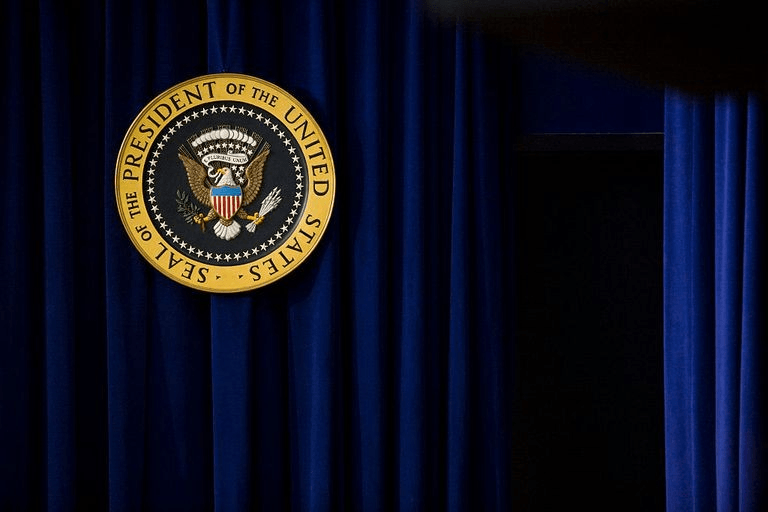Full Document-Trump Signed Executive Order on Fighting the Spread of COVID-19 by Providing Assistance to Renters and Homeowners
Executive Order on Fighting the Spread of COVID-19 by Providing Assistance to Renters and Homeowners

Issued on: August 8, 2020
By the authority vested in me as President by the Constitution and the laws of the United States of America, it is hereby ordered as follows:
Section 1. Purpose. The 2019 novel coronavirus (COVID-19) pandemic, which originated in the People’s Republic of China, continues to pose a significant threat to the health of Americans throughout the United States. As we have since January 2020, with the proactive decision to limit travel from China and the passage of three massive economic relief packages, my Administration will take whatever steps are necessary to reduce the spread of COVID-19 and maintain economic prosperity.
The Centers for Disease Control and Prevention (CDC) of the Department of Health and Human Services have concluded that “growing and disproportionate unemployment rates for some racial and ethnic minority groups during the COVID-19 pandemic may lead to greater risk of eviction and homelessness or sharing of housing.”
This trend is concerning for many reasons, including that homeless shelters have proven to be particularly susceptible to outbreaks of COVID-19. CDC has observed that “[h]omelessness poses multiple challenges that can exacerbate and amplify the spread of COVID-19. Homeless shelters are often crowded, making social distancing difficult. Many persons experiencing homelessness are older or have underlying medical conditions, placing them at higher risk for severe COVID-19–associated illness.” Increased shared housing is also potentially problematic to the extent it results in increased in-person interactions between older, higher-risk individuals and their younger relatives or friends.
My Administration has taken bold steps to help renters and homeowners have safe and secure places to call home during the COVID-19 crisis. Prior to passage of the Coronavirus Aid, Relief, and Economic Security Act (CARES Act) (Public Law 116-136), the Secretary of Housing and Urban Development implemented a foreclosure and eviction moratorium for all single-family mortgages insured by the Federal Housing Administration. Furthermore, prior to passage of the CARES Act, the Federal Housing Finance Agency (FHFA) announced that it had instructed the Federal National Mortgage Association and the Federal Home Loan Mortgage Corporation (the Enterprises) to suspend foreclosures for at least 60 days. FHFA has since announced that the Enterprises will extend the foreclosure suspension until at least August 31, 2020.
The CARES Act imposed a temporary moratorium on evictions of certain renters subject to certain conditions. That moratorium has now expired, and there is a significant risk that this will set off an abnormally large wave of evictions. With the failure of the Congress to act, my Administration must do all that it can to help vulnerable populations stay in their homes in the midst of this pandemic. Those who are dislocated from their homes may be unable to shelter in place and may have more difficulty maintaining a routine of social distancing. They will have to find alternative living arrangements, which may include a homeless shelter or a crowded family home and may also require traveling to other States.
In addition, evictions tend to disproportionately affect minorities, particularly African Americans and Latinos. Unlike the Congress, I cannot sit idly and refuse to assist vulnerable Americans in need. Under my Administration, minorities achieved the lowest unemployment rates on record, and we will not let COVID-19 erase these gains by causing short-term dislocations that could well have long-term consequences.
Accordingly, my Administration, to the extent reasonably necessary to prevent the further spread of COVID-19, will take all lawful measures to prevent residential evictions and foreclosures resulting from financial hardships caused by COVID-19.
Sec. 2. Policy. It is the policy of the United States to minimize, to the greatest extent possible, residential evictions and foreclosures during the ongoing COVID-19 national emergency.
Sec. 3. Response to Public Health Risks of Evictions and Foreclosures. (a) The Secretary of Health and Human Services and the Director of CDC shall consider whether any measures temporarily halting residential evictions of any tenants for failure to pay rent are reasonably necessary to prevent the further spread of COVID-19 from one State or possession into any other State or possession.
(b) The Secretary of the Treasury and the Secretary of Housing and Urban Development shall identify any and all available Federal funds to provide temporary financial assistance to renters and homeowners who, as a result of the financial hardships caused by COVID-19, are struggling to meet their monthly rental or mortgage obligations.
(c) The Secretary of Housing and Urban Development shall take action, as appropriate and consistent with applicable law, to promote the ability of renters and homeowners to avoid eviction or foreclosure resulting from financial hardships caused by COVID-19. Such action may include encouraging and providing assistance to public housing authorities, affordable housing owners, landlords, and recipients of Federal grant funds in minimizing evictions and foreclosures.
(d) In consultation with the Secretary of the Treasury, the Director of FHFA shall review all existing authorities and resources that may be used to prevent evictions and foreclosures for renters and homeowners resulting from hardships caused by COVID-19.
Sec. 4. General Provisions. (a) Nothing in this order shall be construed to impair or otherwise affect:
(i) the authority granted by law to an executive department or agency, or the head thereof; or
(ii) the functions of the Director of the Office of Management and Budget relating to budgetary, administrative, or legislative proposals.
(b) This order shall be implemented consistent with applicable law and subject to the availability of appropriations.
(c) This order is not intended to, and does not, create any right or benefit, substantive or procedural, enforceable at law or in equity by any party against the United States, its departments, agencies, or entities, its officers, employees, or agents, or any other person.
DONALD J. TRUMP
THE WHITE HOUSE,
August 8, 2020.
The White House













